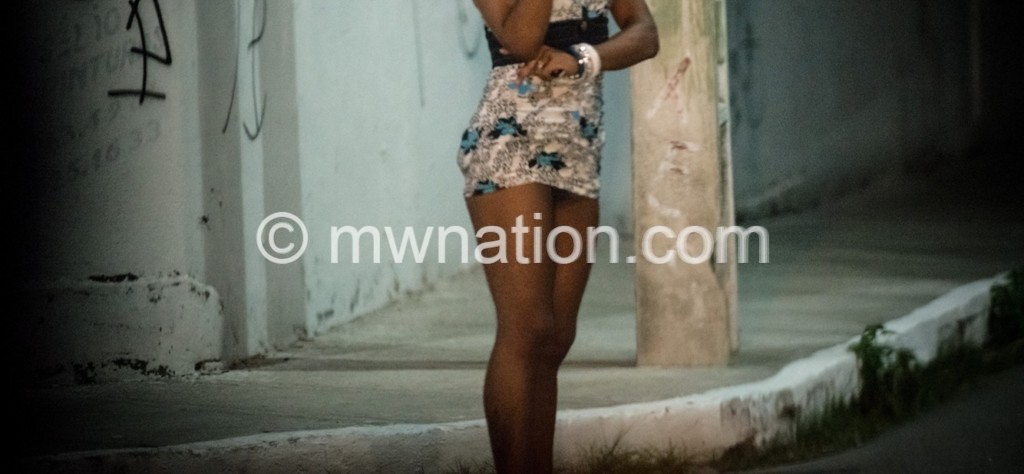Free girls from sex trafficking
Siyireni is a girl aged 14; orphaned and living with her grandmother. While coming from the market in her village, deep in the outskirts of Phalombe, she is approached by a woman with a wealthy appearance, who invites her to the city.
She promises her a job as a domestic worker in Blantyre, with a chance to go to secondary school as she recently sat her Standard 8 examinations.

She imagines all the things she would afford with the money she would earn while working as a domestic worker—shoes, clothes, earrings and other things. She will be the envy of her village when she returns, she thinks, just like the other girls who left the village for the cities.
Getting to the city, she finds herself confined to a room behind one of the famous bottle stores within the city, and every night she is forced to sleep with different men in return for money that she hardly sees, it goes into her mistress’ purse.
Multitudes of vulnerable girls and women are being coerced into working in brothels or forced into marriages and commercial sexual exploitation as noted by Margaret Ali, board chairperson for People Serving Girls at Risk notes.
This is a local organisation working to reduce the vulnerabilities of girls from prostitution, sex trafficking and child marriages.
As part of their campaign against trafficking in persons, People Serving Girls at Risk launched a ‘Justice for Girls campaign’, owing largely to the reality that girls form a majority of victims of sex trafficking, sex tourism and commercial sex exploitation, among others.
“Evidence points to the fact that traffickers prey on the most desperate and vulnerable; and girls and women are in that group. Sex trafficking and commercial sexual exploitation is stealing the dreams and future of thousands of girls and women and it poses physical, psychological and moral harm to children. Hence the Justice for Girls campaign,” says Ali.
While commending government on its efforts in eliminating human trafficking, Ali points out that more needs to be done, especially in providing shelter for victims of trafficking.
“We urge government, through the Ministry of Gender, Children, Disability and Social Welfare, to ensure that we don’t only comply with the law, but also provide this much-needed service to those rescued or running away from sex trafficking and commercial sexual exploitation,” she says.
Malawi Network against Trafficking in Persons (Mnat) chairperson responsible for advocacy, Mandinda Zungu noted that for the past few years, Malawi has not done well in combating human trafficking, citing the little efforts made in preventing trafficking or rescuing victims.
She also notes that there is limited resources and awareness around human trafficking.
“Resources are few, but for the first time last year, government allocated K50 million and this year they have allocated K150 million towards the anti-trafficking fund. Prior to that, we didn’t have a lot of commitment and it was difficult even for donors to support Malawi when government itself was not putting much effort into it,” she says.
Poverty, illiteracy and ignorance are some of the reasons many have fallen victim to the human trafficking scourge.
With primary and secondary schools on end-of-year recess, children are finding ways of making money to run away from poverty, and some unsuspecting girls end up being trafficked to work in brothels in urban centres.
Mnat notes that trafficking no longer affects only adults.
“With very little registration, it is also difficult for us to determine the ages of the trafficked girls because they are told to say they are 19 if anyone asks them. And without identification we can never tell,” Zungu laments.





